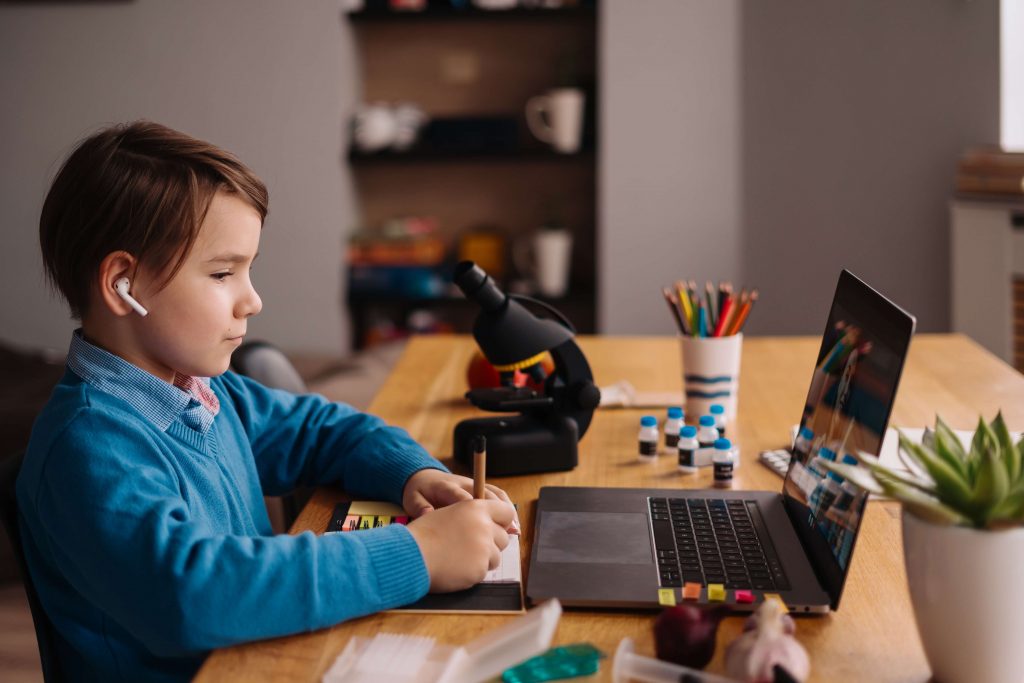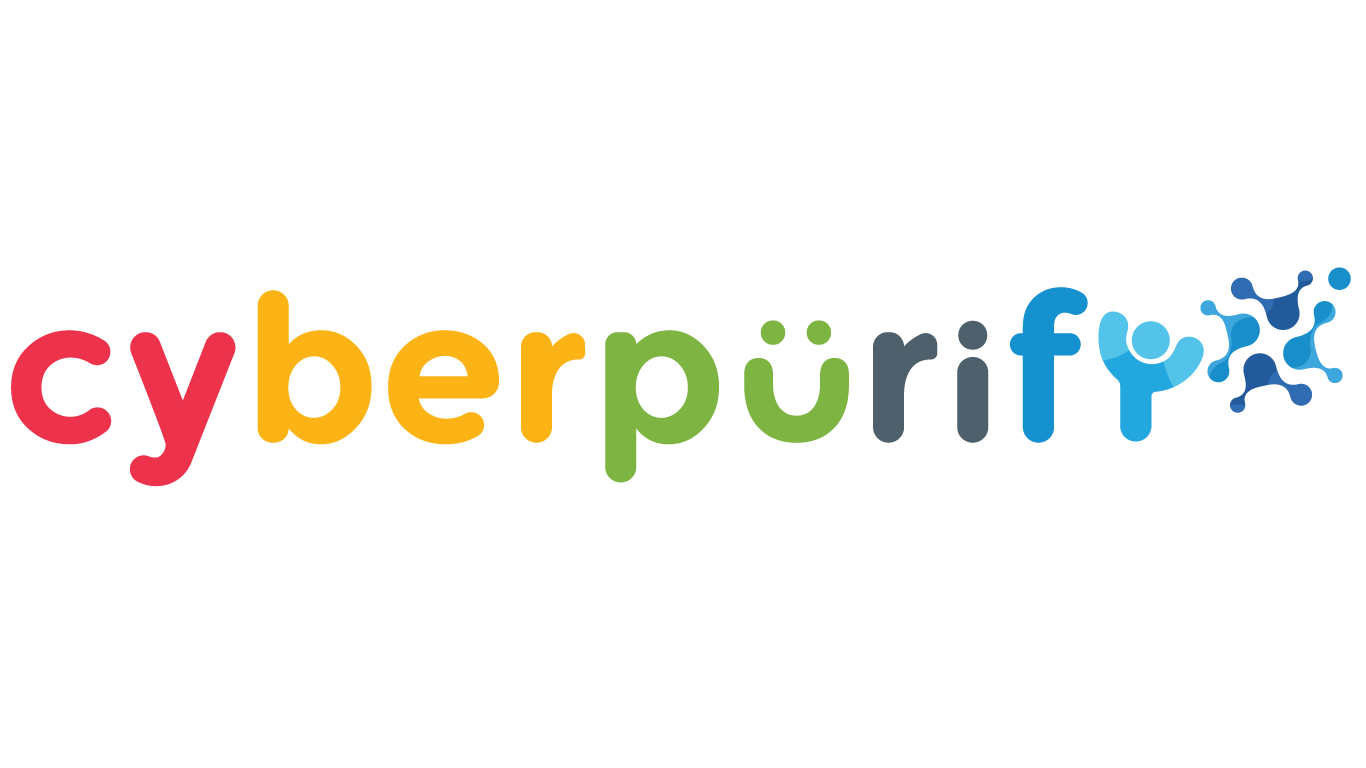Social media platforms allow your child to connect with people and build friendships, but they can also run the risk of exposing them to unwanted interactions.
Unwanted interactions are any approach that makes your child uncomfortable or puts them in a situation where they may not be safe. This can happen as soon as your child accepts a friend request from a stranger or leaves any personal information publicly online.
Of these unwanted interactions, the most dangerous are online seducers – building a relationship with a child to sexually abuse them. This abuse can happen in real life, but due to the pandemic, it is happening more and more online as children or young people are tricked into sending sensitive photos/videos.
The article below will help you get a closer look of unwanted contact online and how to protect children from being approached by strangers online.
How does unwanted contact online begin?
Online predators first will build a relationship with a child, gaining trust to later enticing them to send sensitive photos/videos, or meeting in person to harm them. Online predators have a few things in common, such as:
- They can be of any age, can be adults and under the age of 18 regularly use websites used by children, most can pretend to be children to make friends with your child.
- They use the personal information they collect online about your child and use that information to develop a bond with your child, build trust, and as this relationship develops, your child will become a feel free to share more information about yourself.


- They test and assess a child’s readiness to engage in sexual activities. Some teenagers or young people use the Internet to satisfy their curiosity about gender and sexuality and therefore online predators will welcome and push your child to share more of these sensitive issues.
- They share sexually explicit material with your child to stimulate your child’s curiosity about sex and may therefore ask your child to take sexually explicit pictures or videos of themselves for them.
Once your child is trapped, they will use the pictures/videos as a tool to force your child to send more documents or force your child to meet in person. Otherwise, they will threaten to distribute these documents.


Behaviors that put your child at risk of becoming a victim of online scammers
- Posting personal information publicly: Personal information such as name, school, email, phone number updated on social networking sites without using privacy controls. This makes it accessible to anyone viewing your child’s profile and this means they can use this information to build an inappropriate relationship with your child.
- Accept friend requests from people they don’t know: This allows strangers to access information, profile pictures, list of friends, as well as track all activities (posts, check-ins, share, comment, etc.) of your child.
- Visit websites or join groups or forums that are aimed at adults: Some examples are social networking sites, online chat groups, or gaming sites – this increases the chances of your child being contacted for sexual purposes by a teen or an adult.
- Share/Post sensitive photos of themselves: Not just applied to photos, sending “sexy” messages, or using suggestive usernames – your kids may think this helps them express themselves as an adult, but it can attract dangerous people – online predators.


How to deal with unwanted contact?
If someone is communicating with your child online and this makes them uncomfortable, here are some things you can do:
Teach your child to be wary of signs of inappropriate exposure
Some signs to help your child realize that a stranger is trying to develop a relationship with your child:
- Asking a lot of questions about personal information when just getting acquainted
- Use many promises and gifts to gain trust
- Wanting to keep a relationship secret – online predators often try to keep a relationship secret, demanding it’s something ‘special’ just between the two
- Contact your child often and in a variety of ways, such as texting, through Instagram or online chat platforms
- Often compliments your child on his/her body or appearance
- Insist on seeing your child – try to make your child feel guilty or even threaten your child if he/she doesn’t want to
- Many of these warning signs don’t just apply to strangers but can apply to people your child knows in person.
You may also find this helpful:
Help your child proactively protect their privacy
Make your child’s account private
You should ask your child to make their social media accounts private or modify their privacy settings so they can control who can see their photos and posts. By adjusting their privacy settings, they can limit their online information to known people only. Also, you should check if your child is over-sharing on the social media as over-sharing can accidentally reveal their sensitive information.
You should also encourage your child to use only his/her name or nickname when chatting online and on social media, and never reveal his/her phone number, address, or school. One of the grounding steps for protecting children from online abuse.
Delete contacts your kids don’t know
Encourage your child to delete contacts they really don’t know. It’s a good idea to go through all of your child’s followers or friends on social media with your child and check if they really know those people. You also need to encourage your child to unfriend or ask to follow from people they don’t know.


Report and block
If your child receives any unsolicited messages from someone he/she doesn’t know, reporting and blocking is probably the best decision. Because ultimately, your child doesn’t have control over what others say and do, but your child does have control over who can contact your child online, so don’t be afraid to seize that power if you need to. – by blocking them.
Most social networking sites allow your child to block users.
Actively using the right technology
As mentioned, online predators often send pornographic materials and links to stimulate your child’s curiosity and excitement. To ensure your child’s online environment is safe and healthier, you should consider using an additional online content filtering tool to hide 15 types of harmful content on the Internet, including:
- Pornography
- Horrifying content like gore, accidents, ghosts, violence, murder, terrorism, etc
- Content about stimulants, addictive substances such as alcohol, beer, marijuana, drugs, etc
- Content with aggressive elements, hurting others like Hate speech
This is considered by many parents as one of the best parental control software because it is completely free, helps to minimize your child’s access to harmful content, ensuring a healthy online environment for your child but at the same time, not invading their privacy rights.


Build an open relationship of trust
The conversation is both a foundation and a catalyst for building meaningful and intimate relationships between parents and children. Talking is considered one of the best ways for children to be self-aware and proactive to stay away from dangers on the Internet.
Therefore, you need to regularly share and talk with your children about problems on the Internet such as sexting, online bullying, sharing too much on social networks, drug use, etc. You can use our online safety advice for parents as reference. Let your child understand and proactively protect themselves from these troubles.
Keep communication open and calm so your child knows that he or she can come to you when he/she feels insecure or worried by any content or interaction online.


Join your child’s digital world
- Regularly check with your child the privacy settings on the games and apps they’re using, and make sure their account is turned on to the strictest privacy settings.
- Regularly update the websites, apps, and online chat platforms your child is using, and explore them with your child. This will help you better understand what your child is doing and why he or she likes this app, game, or website, as well as providing a great opportunity to start conversations about online safety.
- Understanding the apps, games, and websites your child is using will help you make sure they’re age-appropriate. You should also consider whether your child is comfortable with the content of these websites and whether there is a chance that they will come into contact with other strangers.
You may also find this helpful:















